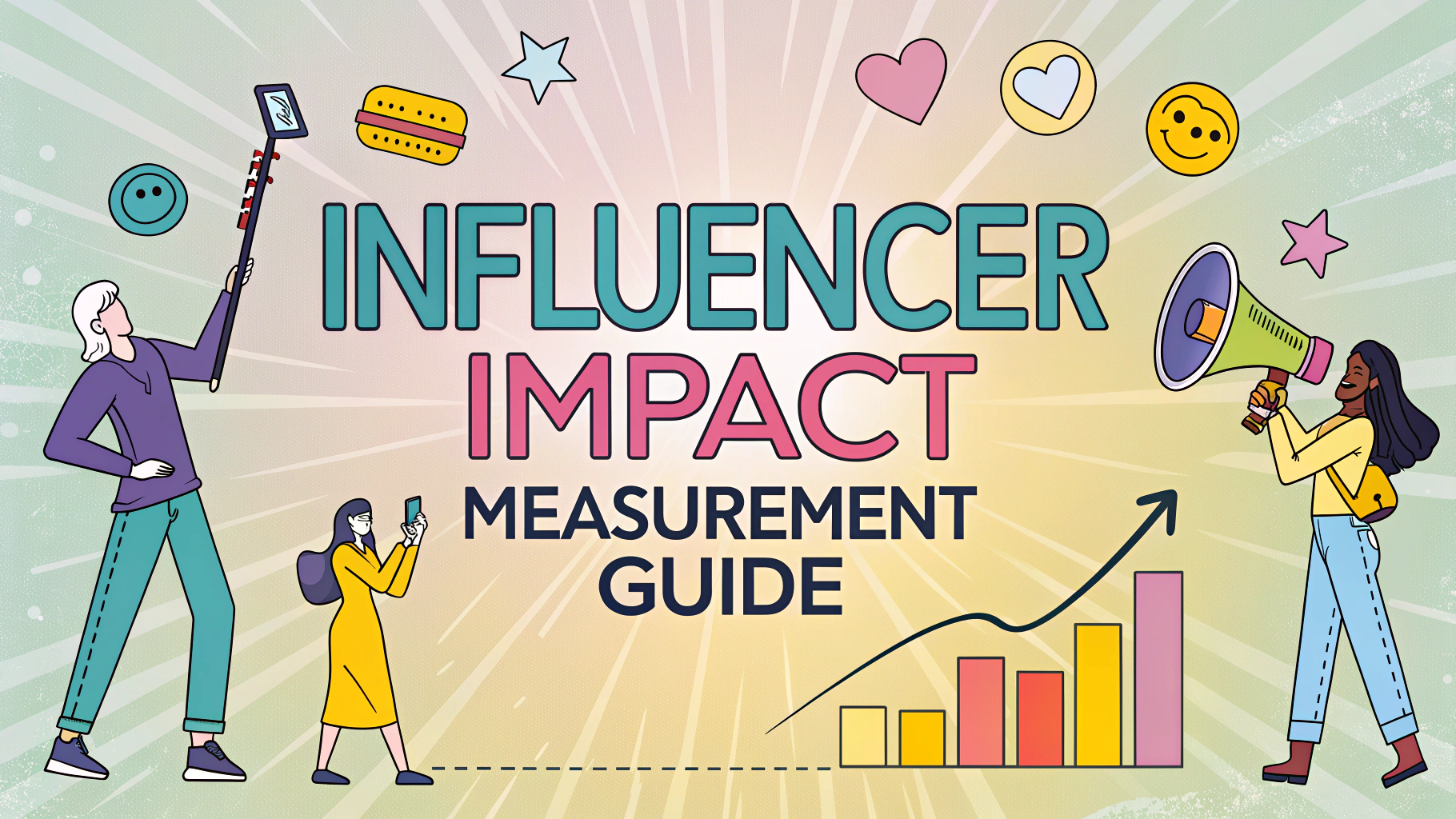Market share analysis helps hotels understand their competitive position and make data-driven decisions to improve performance.
Regular monitoring of market share metrics enables hotels to identify growth opportunities, adjust pricing strategies, and optimize distribution channels effectively.
This guide outlines practical methods for tracking and analyzing hotel market share, along with actionable steps to increase your property’s competitive advantage.
Key Market Share Metrics for Hotels
- RevPAR Index – Revenue per available room compared to your competitive set
- ADR Index – Average daily rate performance versus competitors
- Occupancy Index – Room occupancy levels relative to market average
- Market Penetration Index (MPI) – Overall market performance indicator
Tools for Market Share Analysis
- STR Reports – Industry standard for competitive benchmarking (str.com)
- RateGain – Real-time market intelligence platform
- OTA Insight – Rate shopping and market analysis tools
- Demand360 – Forward-looking demand data by Amadeus
Identifying Your Competitive Set
Select 4-6 hotels that directly compete for the same guest segments, considering factors like location, price point, and service level.
| Factor | Consideration |
|---|---|
| Geographic Location | Within same market area or neighborhood |
| Price Range | Similar ADR band (±15%) |
| Property Type | Matching service level and amenities |
Strategies to Increase Market Share
- Revenue Management
- Dynamic pricing based on demand patterns
- Segment-specific rate strategies
- Optimization of distribution channels
- Digital Marketing
- Enhanced website conversion optimization
- Targeted social media campaigns
- Strategic content marketing
- Service Excellence
- Staff training programs
- Guest feedback implementation
- Service recovery protocols
Monitoring and Reporting
Set up weekly performance reviews to track market share metrics against goals.
- Daily rate and occupancy monitoring
- Weekly competitive analysis reports
- Monthly market share trend analysis
- Quarterly strategic planning sessions
Taking Action on Market Share Data
Create an action plan based on market share analysis findings.
| Performance Indicator | Action Required |
|---|---|
| Low RevPAR Index | Review pricing strategy and distribution mix |
| Declining Occupancy | Enhance marketing efforts and booking incentives |
| Weak ADR Performance | Evaluate value proposition and competitive positioning |
Leveraging Technology for Growth
Implement technology solutions to streamline market share analysis and decision-making.
- Business Intelligence Platforms
- HotStats (hotstats.com)
- Ideas Revenue Solutions
- Duetto Revenue Management
Next Steps for Market Share Success
Start with establishing baseline metrics for your property and competitive set.
Schedule regular review meetings with key stakeholders to analyze performance data and adjust strategies.
Consider partnering with a revenue management consultant for expert guidance (HSMAI.org offers a directory of certified professionals).
Developing a Market Share Growth Plan
Create a structured approach to market share improvement with clear objectives and timelines.
- Short-term Goals
- Weekly RevPAR growth targets
- Monthly occupancy benchmarks
- Quarterly revenue milestones
- Long-term Objectives
- Annual market position improvements
- Sustainable competitive advantages
- Brand value enhancement
Building Strategic Partnerships
Develop relationships that enhance market presence and distribution capabilities.
| Partner Type | Strategic Value |
|---|---|
| Corporate Travel Programs | Steady business demand |
| Local Attractions | Package opportunities |
| Event Planners | Group business growth |
Maximizing Distribution Channels
- Direct Booking Optimization
- Website conversion improvements
- Loyalty program enhancement
- Mobile booking experience
- Third-Party Channels
- OTA relationship management
- GDS presence optimization
- Wholesale partnership evaluation
Driving Sustainable Market Leadership
Transform market share analysis into sustained competitive advantage through continuous improvement and innovation.
- Implement regular strategy review cycles
- Invest in team development and training
- Stay ahead of market trends and guest expectations
- Maintain focus on long-term value creation
Connect with industry associations and attend market intelligence seminars to stay current with best practices and emerging opportunities in hotel market share optimization.
FAQs
- What is hotel market share analysis and why is it important?
Market share analysis in hospitality measures the percentage of business your hotel captures compared to your competitive set within a specific market. It’s crucial for understanding competitive positioning, identifying growth opportunities, and making strategic decisions. - What are the key metrics used to measure hotel market share?
The primary metrics are RevPAR Index (Revenue Per Available Room), ADR Index (Average Daily Rate), and Occupancy Index. These are typically compared against a competitive set through STR reports. - How do I identify my hotel’s competitive set for market share analysis?
Select 4-6 hotels that share similar characteristics such as location, price point, amenities, star rating, and target market. These properties should be ones you regularly compete with for the same guest segments. - What tools are available for tracking hotel market share?
STR (Smith Travel Research) reports, Revenue Management Systems (RMS), competitive rate shopping tools like Rate360, and market intelligence platforms like OTA Insight are commonly used tools. - How often should hotels analyze their market share?
Market share should be analyzed monthly at minimum, with weekly reviews of key performance indicators. Critical periods like high season or major events require more frequent monitoring. - What strategies can help increase hotel market share?
Key strategies include dynamic pricing, targeted marketing campaigns, service quality improvements, strategic distribution channel management, and maintaining positive online reputation through review management. - How does online presence affect hotel market share?
Online presence impacts market share through direct bookings, OTA visibility, social media engagement, and online reputation. A strong digital presence can increase market penetration and booking conversion rates. - What role do OTAs play in hotel market share?
Online Travel Agencies (OTAs) influence market share by providing distribution channels, competitive rate information, and guest reviews. They can help reach new markets but also impact profit margins due to commission costs. - How can hotels effectively track their competitors’ pricing strategies?
Use rate shopping tools, monitor OTA listings, implement price comparison technologies, and analyze STR reports to track competitor pricing patterns and market positioning. - What impact does seasonal demand have on market share analysis?
Seasonal fluctuations affect occupancy rates, pricing power, and competitive dynamics. Analysis should account for these patterns when comparing performance across different periods. - How do customer reviews and satisfaction scores affect market share?
Higher review scores and guest satisfaction typically correlate with increased market share, as they influence booking decisions and can justify premium pricing strategies.






